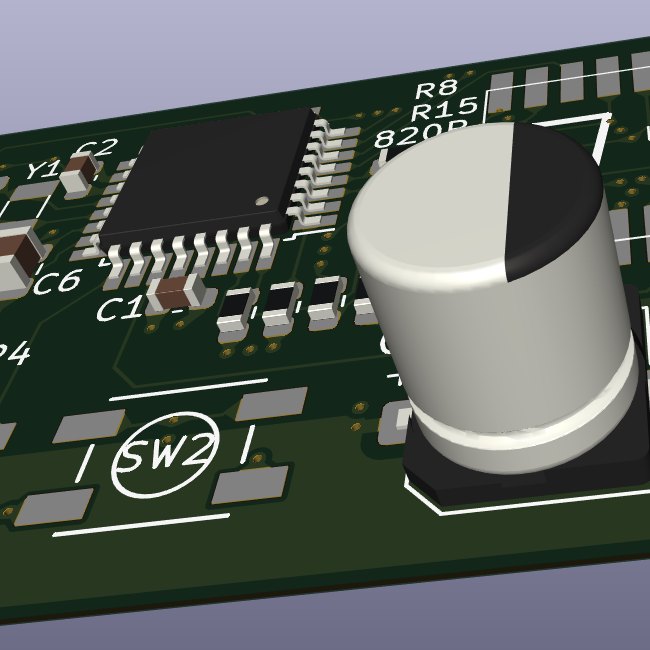EE major here, expecting to graduate in 2024. I’ll have to admit that I’m only here because I wasn’t admitted to the CS program and I’ve mostly been paying attention to trends in the software development industry, so please pardon my ignorance. My country (Sweden) has a great software industry but the hardware design and manufacturing industry isn’t nearly as strong. The advice I get is that EE has great career prospects in semiconductors, IC design, microelectronics and defense, but most of these positions will require relocation which I’m not interested in. I’m clueless about RF and power systems, and besides, the compensation tends to be worse than the previously mentioned industries.
Currently, I’m grinding the “self-taught programmer” stuff, taking CS classes and doing IT jobs to get the experience for a full-time dev role. The CS bubble burst didn’t affect my country that much because we didn’t have overinflated salaries and excessive expansion during the pandemic. Would there still be good prospects in EE if I choose to focus on it (assume passion for CS is negligible), or would it be a better idea to keep going with CS?


Similar to other replies, I am also unaware of both education and job prospects where you live. I live in the US and I graduated a little bit over a year ago with an EE degree. Similar to your experience I also wanted more experience/work in CS but scheduling and class availability nullified my chances at getting a minor in CS. Taking what I had learned from those few classes and the experience I had gained from having my own homelab, set up landed me a job in the power systems field (utility side). Most power systems simulation software suites have the capability to integrate scripting (usually python) and companies that utilize them (utilities and consultants) are looking for EEs with that specialty.
Yay homelabs! I have a cloud lab cluster, using it for self-hosting and “production” app development practice. I actually had a similar experience as you when I was looking for internships. I wanted a software engineering one but tossed a couple applications at some chip design and power systems analysis roles just in case. They responded really positively because they were looking for an EE with software development experience (apparently for automation and testing?) But I chose an IT/dev role in the end because it’s closer to software.
If you don’t mind me asking, did you try applying to full-time CS jobs with just your EE major? Do you think you would have been able to get a decent IT or even developer job fresh out of college, assuming you’re not applying to Silicon Valley or some highly competitive tech city?
That’s awesome experience, my set up is just a load of refurbished hardware running out of my closet lol. My 2nd internship was “IT adjacent” which unfortunately locked me out of most directly CS positions(I’m in a highly tech competitive part of the states). I’d say shoot your shot with any field/industry that interests you, my experience with entry level positions is that they’re looking for general skills and the willingness to learn. Showing off your projects and what you learned/gained from doing them shows initiative. And good luck with the job hunt!
The cloud servers aren’t nearly as impressive as that, it’s actually because I don’t have admin access to my apartment’s router and can’t start a real homelab! I’m surprised to hear that an IT-adjacent internship locked you out of CS roles (but I don’t know how it’s like in a highly competitive market). I would have thought that the software industry is moving towards combining software dev and operations into one role, or forming teams where both roles work very closely and take responsibilities off each other, so having experience on one side and studying up on the other would give you an advantage.